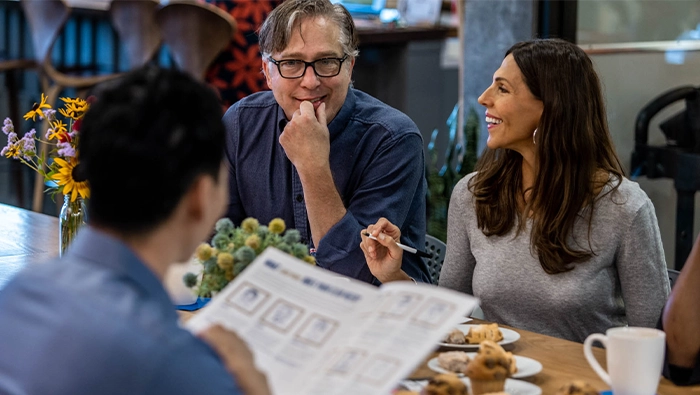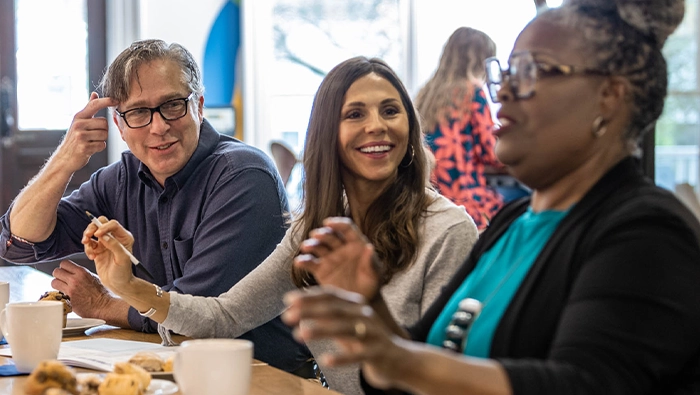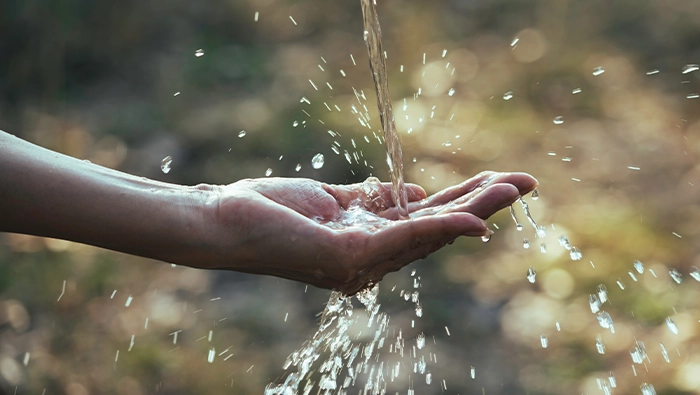
5 ways your club can find new members
When you reach out together, you help make growth a part of your culture.
By Tony Knoderer
The strongest Kiwanis clubs don’t grow by luck or magic — they make membership growth a continuing part of club culture. Of course, it’s great to have members who invite individuals they know or meet, but consistent growth requires actively seeking people as a club. (For example: Does your club have a growth committee?)
Here are five ideas for clubs that want to reach out to the community:
- Roster analysis. Regularly examine your current club roster. Identify professions and skillsets that aren’t represented in your club and develop a prospect list. Our roster analysis worksheet can help.
- Social media. Advertising on social media can attract attention to Kiwanis clubs. But remember: A person who expresses interest in Kiwanis needs to be guided into membership. They’re fact-finding — so they’ll likely send comments and questions to your Facebook page. Respond immediately with the information they’re seeking. Don’t just refer them to another source: Help them make sense of your club, its projects and its contributions to the community.
- Guest contests. A good competition can inspire great action. Some clubs have created teams and “competed” against each other. Others have made it a contest for individual recognition. Either way, the best results come from something that can be tracked and easily displayed.
- Special guest days. Identify an upcoming meeting or service project that reflects what’s important to your club — and highlights the best of what you do. Invite potential members to experience what Kiwanis is about.
- Leads. The “Find a club” feature on Kiwanis International’s website gets thousands of queries every year. If you receive one by email, follow up right away. Someone is looking to be part of a group like your club.
If you’re looking for other ways to strengthen your club, check out our club toolbox. You’ll find resources for club strengthening, digital marketing and more.


